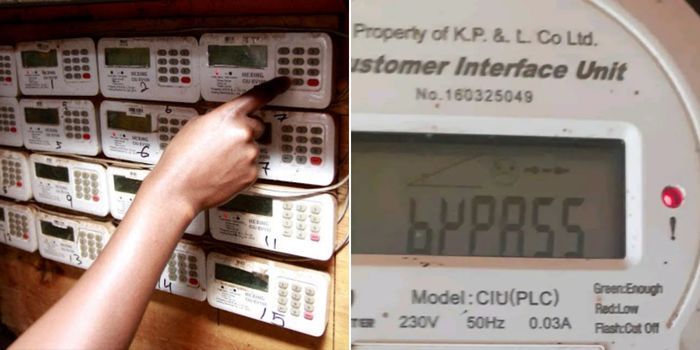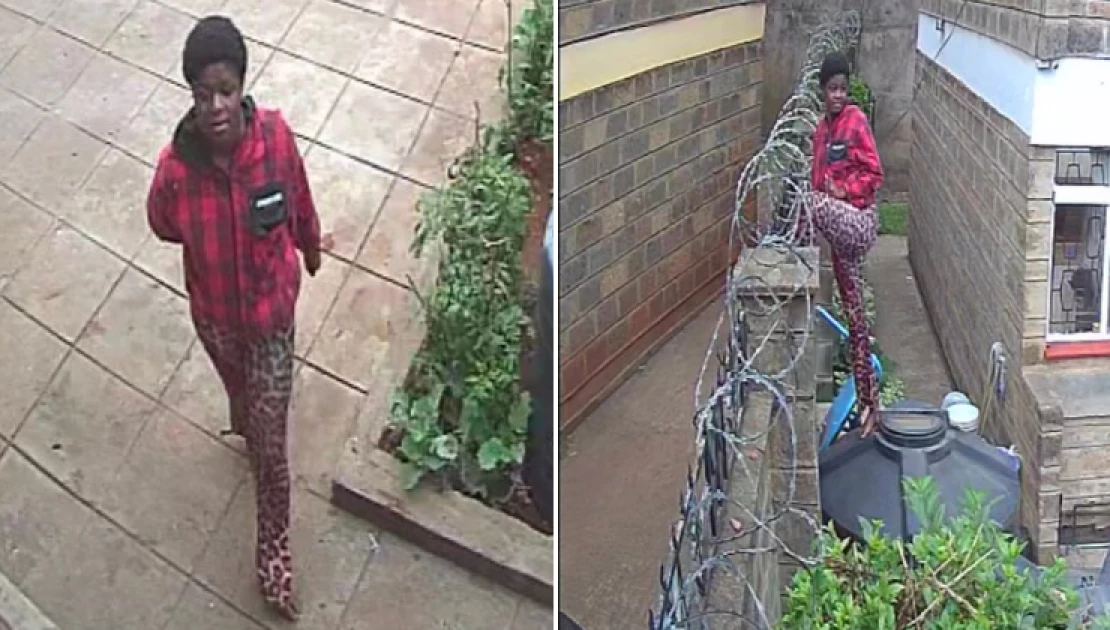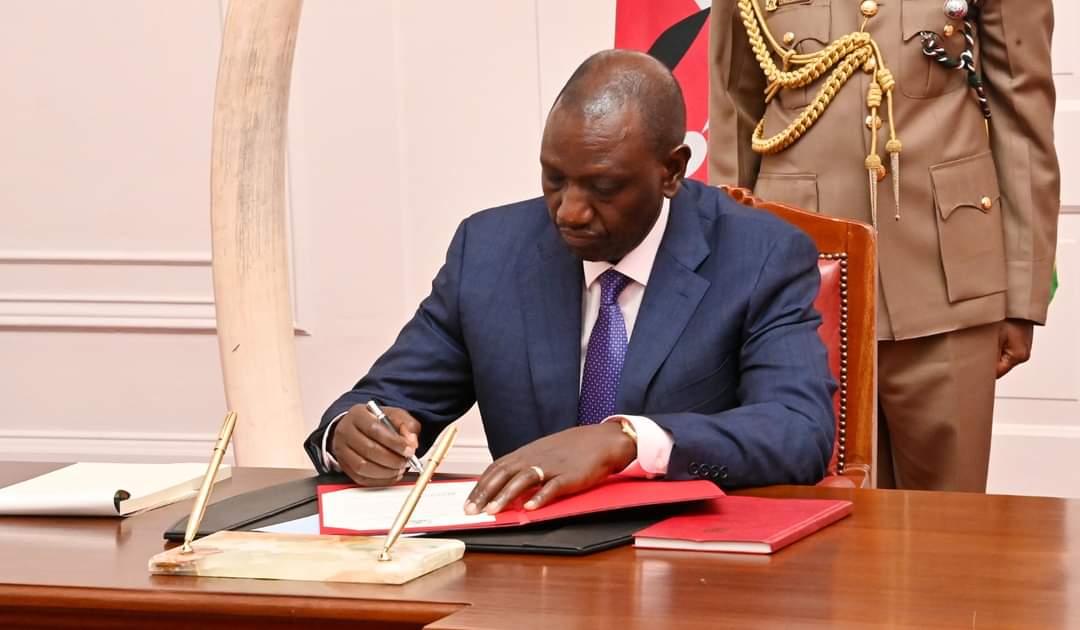

Since enhancing compliance checks in key towns last month, the Kenya Revenue Authority (KRA) has noticed an increasing number of company owners abandoning mobile merchant payment accounts and switching back to cash transactions.
According to the taxman, there is a pattern where companies that accepted payments using Lipa Na M-Pesa Buy Goods Till numbers are now requesting cash payments from their clients.
This comes one month after the KRA sent out 1,400 revenue service assistants with paramilitary training to support traders in improving their tax compliance, including making it easier for firms to register online.
Since enhancing compliance checks in key towns last month, the Kenya Revenue Authority (KRA) has noticed an increasing number of company owners abandoning mobile merchant payment accounts and switching back to cash transactions.
According to the taxman, there is a pattern where companies that accepted payments using Lipa Na M-Pesa Buy Goods Till numbers are now requesting cash payments from their clients.
This comes one month after the KRA sent out 1,400 revenue service assistants with paramilitary training to support traders in improving their tax compliance, including making it easier for firms to register online.
The registration process for informal business owners, such as food sellers, kiosk owners, boda boda operators, and dealers in used clothing, is specifically designed for Pochi La Biashara. With their M-Pesa number, they may now “receive and separate business funds from personal funds.”
“We will obtain information on these drop-outs by collaborating with Safaricom to facilitate integration, allowing us to conduct follow-ups and compliance checks,” Ms. Rotich stated.
“We currently have a number of policemen who patrol the key towns for compliance violations. This will assist us in resolving this problem.
Small traders with annual sales revenues of between Sh1 million and Sh25 million are from July required to pay turnover tax at the rate of three percent of gross annual sales. This is a jump from the previous requirement of one percent charged on gross sales of between Sh1 million and Sh50 million.
The KRA is leveraging on increased use of third-party data to help hit a target of nearly Sh2.5 trillion for the current financial year ending June 2024 in exchequer revenues from about Sh2.17 trillion the year before.
The Tax Procedures Act allows the taxman to link its i-Tax system with third parties such as banks and mobile money platforms like M-Pesa to spy on taxpayers’ activities.
The taxman has in recent years come under fire from business lobbies such as the Kenya Association of Manufacturers and the Kenya National Chamber of Commerce and Industry for over-burdening a few persons in the formal sector with taxes, while a majority of the population remains outside the tax bracket.
President William Ruto has directed the taxman to be friendlier and more efficient in a bid to enhance compliance levels in an economy dominated by the informal sector in his bid to “collect every shilling due”.
“A huge obstacle to the realization of our national revenue target is that in practice tax administration has traditionally been a repressive, menacing affair which resembles extortion,” Dr Ruto said after taking power in September last year.
“This extinguishes taxpayer incentive and diminishes the prospect of an expanded tax base, pulling Kenya backward from its national revenue potential and denying its citizen’s critical services and development programs.”
The taxman is banking on the revenue service assistants to help ramp up compliance levels amongst traders operating in the informal space after various initiatives aimed at roping them into that tax net failed to yield targeted returns.
The revenue assistants, deployed in major towns, are tasked with collecting data on taxpayers by conducting market surveillance to identify non-registered traders, and continuous patrols to ensure customers are issued with tax receipts following the rollout of the Electronic Tax Invoice Management System (eTIMS).
Businesspersons who have encountered the officers say they are demanding to see the premises’ business permit, cash and receipt books, and mobile money statements, including all M-Pesa till and paybill numbers, wage schedules, tenancy agreements, and rent receipts.
“Feel free to approach them, say hello, and let them know how they can assist you,” said the taxman in a notice to taxpayers dated September 18, 2023, that announced the deployment of the new tax enforcers.



























































































































































































































































































































































































































































